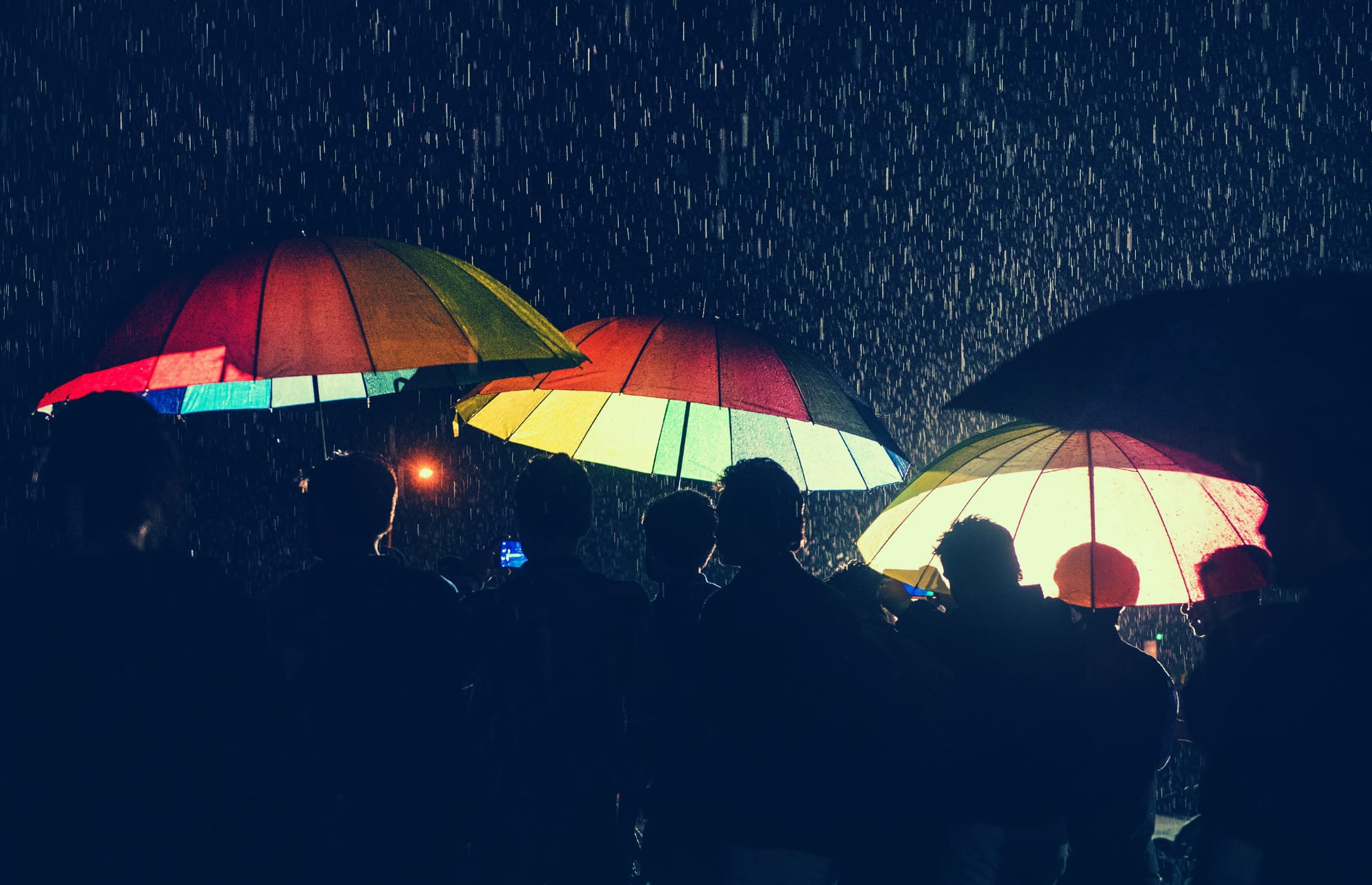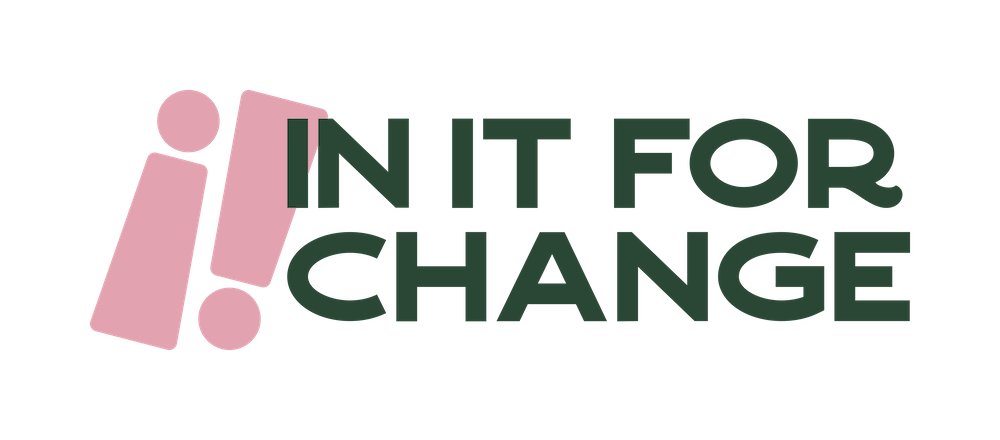Confessions of a professional party pooper

(I originally wrote and published this post on my previous blog at Substack on August 15, 2024. Enjoy!)
Today’s post is a bit more on the personal side of things.
This is one of those topics where I am, in fact, a bit all over the place. I decided to open up about it nonetheless - maybe some of you can relate or find a nugget of value in my experiences.
Truth is, working with DEI and social impact brings with it many confrontations. I’m often the first person to rain on the parade, be it a new business idea, team activity, product innovation, you name it, because it’s a part of my job to think critically about all the various impacts these ideas can have. It’s not really all about anticipating everything bad that can happen, because 1) you can’t, and 2) that in itself can also cause unintended harm. It’s a balance!
Anyway, it’s wild to me sometimes that I get paid to make people feel crappy about themselves and their work.
Our default is to marginalise
The reality of it all is that common (or even “best”) practices in the areas of business, people, research, design etc. were not developed with marginalised people and communities in mind. When I say that the default is exclusion, I don’t say it to be mean. I say it to drive home the point that the actions that take effort are inclusion and equity, not exclusion and marginalisation. We live in systems that were built to marginalise - discrimination is not a bug, it’s a feature. Even those of us with the best of intentions marginalise others through sheer ignorance and yet unidentified learning areas. In this work, it becomes my job to point out to others (and myself!) how our actions may have negative impacts on people we have not considered and what we might do about it.
Telling people that their thinking and actions are discriminatory is never fun. I’m not sharing this for anyone to feel sorry for me, I’ve chosen this work and I’d choose it again, any day. I also don’t think anyone will benefit from me pretending that it’s not serious emotional labour. The people working in this space, most of whom are themselves marginalised, are not out here to be mean for fun. It’s our job to voice complex truths, and these truths will often be new to you in some ways that will question things you’ve been thinking of as objective and impartial reality.
Sometimes we shift your entire worldview. That’s always going to be a harsh experience, because it inevitably shines a critical light on your previous thoughts, actions and decisions. It always reveals something about past you that is difficult and maybe even shameful to contend with. But here’s a secret: we, people working with DEI and social impact, go through these worldview shifts regularly ourselves. We, people working with DEI and social impact, learn new things, world shattering things, all the time.
Learning with joy
My own intense and ongoing deep dive into anti-racism and the decolonisation of my own work has fundamentally changed how I do what I do. In return, I have taught fellow DEI and social impact professionals to see gender in a light they’d never considered before. My work has become higher quality thanks to these radically open and vulnerable learning spaces. Most amazingly, I’ve reached a point where I find immense joy in having my worldview challenged because I know that even if it takes work right now, I will be grateful to know about new angles I hadn’t seen before. It comforts me to know that I have forged genuine bonds with people who know a lot about the parts of existence that I have no lived experience in.
(Psst, I took a break while writing this and saw a post by the amazing Desirée B. Stephens that helped me put words onto it: This joy comes from recognising the inherent interconnectedness of our liberation.)
I’m not someone who is invested in toxic positivity, I don’t need or want people to pretend they’re happy when they’re not. I want to help you create that space in your own heart where deep reflection is not only possible but desired. Where you don’t await critical reflection on your impact or inclusive initiatives with trepidation, but instead enthusiastically invite that knowledge in.
Tapping into that space
I regularly reflect about my own learning, attitudes and actions. I journal a lot when it comes to my practice. When I receive feedback that pushes never before identified buttons, I usually take it to my journal and work through it by myself, before reacting - those gut reactions pack a lot of harm, and that’s the last thing I need to be doing after having harm I’d caused pointed out to me.
Today, I want to invite you to reflect.
- Have you ever felt like something you read in DEI or social impact went too far? What about it felt “too far”? Have you changed your mind about it?
- Have you ever felt hurt or upset by feedback you’ve received from someone with vastly different experiences from yours? Have you changed your mind or do you still think it was unfair?
- Have you ever given negative feedback on something everyone else was enthusiastic about? What did it feel like being the party pooper? What impact did you have?
Journalling is great. Can fully recommend.
Cheers,
Emil
Hey, thanks so much for reading this one! What did you think? Was it valuable? Did you consider something from a new angle? Let me know!

